Personal injury law is an umbrella term used to describe civil action related to scenarios in which one party’s negligence, recklessness or intentionally dangerous conduct directly contributes to the cause(s) of an individual’s physical harm or a surviving family member’s loss.
Underneath that umbrella, nest various subsections of personal injury law, including medical malpractice, product liability, motor vehicle accident law and premises liability. Each of these subsections of personal law is governed by different state statutes and slightly different standards of proof that injury victims must meet in order for their cases to be successful.
The basics
Premises liability lawsuits, for example, are subject to language enacted by legislators concerning the rights of guests, visitors and trespassers who are injured due to a hazardous condition on someone else’s property. Injury victims range from tenants of an apartment building who are hurt in common spaces to shoppers who are hurt after slipping and falling on slick flooring.
Generally speaking, an injury victim is in a strong place to sue if the property owner named as a defendant either knew or should have known about a dangerous condition on their property and, as a result of failing to mitigate the safety risks associated with that condition, the victim suffered physical injury and related financial loss (like medical bills).
Knowledge is power
By better understanding what premises liability law is and how the law aims to protect the interests of individuals who have been harmed due to hazardous property conditions, you’ll be more significantly empowered to exercise those rights should you ever need to. If you ever suffer harm due to a property owner’s negligence, consider researching your legal options and seeking legal guidance accordingly.

